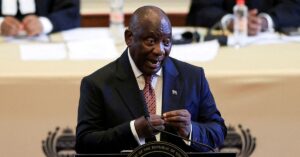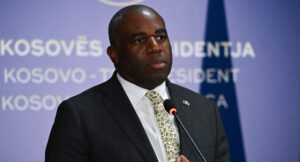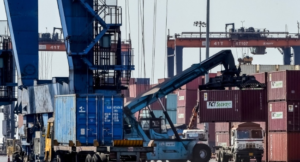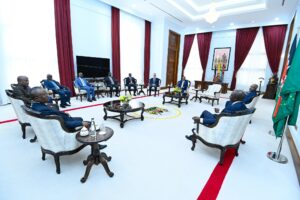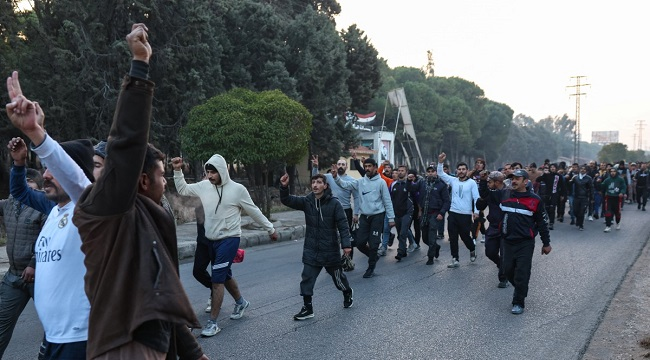
Islamist-led rebels toppled Syria’s longtime ruler Bashar al-Assad in a lightning offensive that a UN envoy called “a watershed moment” for the nation marred by civil war.
Here are key reactions from around the world:
China’s foreign ministry said it hopes Syria “returns to stability as soon as possible” in the wake of the overthrow.
Beijing “is closely following the development of the situation in Syria and hopes that Syria returns to stability as soon as possible”, the foreign ministry said.
Diplomats from Assad ally Iran were reported to have left the embassy in Damascus before it was attacked by “unknown individuals” on Sunday, Iranian state TV said.
Their departure followed calls by Iranian Foreign Minister Abbas Araghchi on Saturday for “political dialogue” between the Syrian government and opposition groups.
Turkish Foreign Minister Hakan Fidan said the overthrow of the Assad regime was not sudden but rather the result of the grinding civil war.
“Of course, this didn’t happen overnight. For the last 13 years, the country has been in turmoil,” Fidan said at conference in Doha.
A senior United Arab Emirates official urged Syrians on Sunday to collaborate in order to avert a spiral into chaos.
“We hope that the Syrians will work together, that we don’t just see another episode of impending chaos,” presidential adviser Anwar Gargash said at the Manama Dialogue in Bahrain.
The UN envoy for Syria called the rebel takeover “a watershed moment” for the country marred by nearly 14 years of civil war.
“Today we look forward with cautious hope to the opening of a new (chapter) — one of peace, reconciliation, dignity and inclusion for all Syrians,” special envoy Geir Pedersen said.
‘Russia not interested any longer’: Trump
US President-elect Donald Trump attributed the fall of Assad to losing the backing of Russia.
“Assad is gone,” he said on his Truth Social platform. “His protector, Russia, Russia, Russia, led by Vladimir Putin, was not interested in protecting him any longer.”
His comments followed an earlier statement from National Security Council spokesman Sean Savett that President Joe Biden was keeping a close eye on “extraordinary events” transpiring and remained in constant contact with regional partners.


